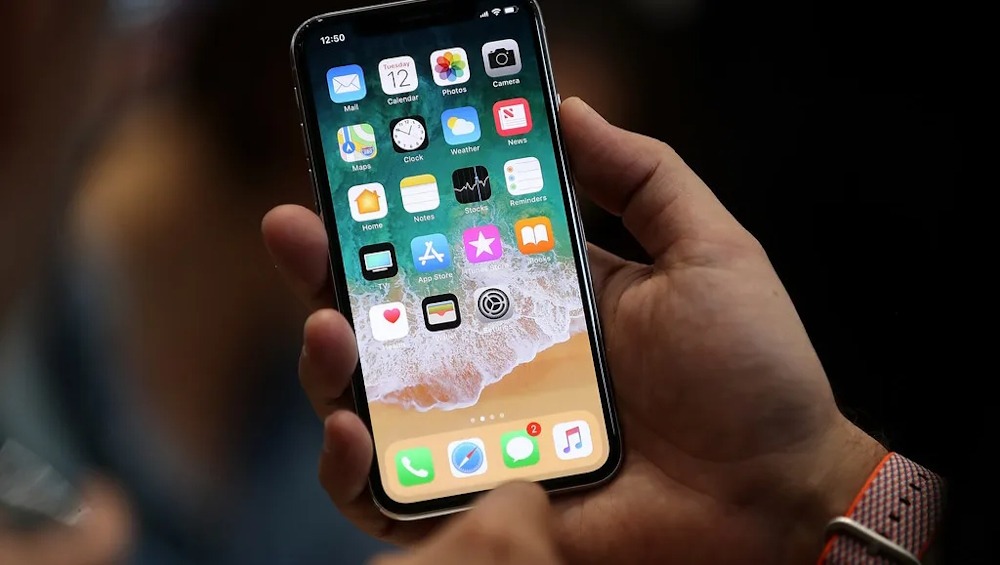iPhones to enhance the AI technology

The latest iPhones from Apple may enhance the integration of AI technologies within corporations. However, CIOs are seeking clarity. Apple’s latest iPhones are poised to accelerate the integration of artificial intelligence into various business functions, although concerns persist among IT professionals regarding the management of sensitive corporate data by the new AI-driven system.
On Monday, Apple unveiled a new generation of iPhones that prominently feature artificial intelligence within the device’s operating system, marking a significant trial of consumer demand for these technologies. The latest offerings, termed “Apple Intelligence,” feature an enhanced Siri voice assistant alongside an array of text-generation and photo-editing functionalities. These innovations will be compatible with the forthcoming iPhone 16 as well as the existing iPhone 15 Pro. Apple unveiled the majority of its AI capabilities in June. An initial iteration of select Apple Intelligence functionalities is set to launch next month.
The company’s stock declined by over 1% during Monday’s presentation, indicative of the market’s skepticism towards AI-focused offerings. For enterprises that maintain a positive outlook on the potential of AI, these devices signify a new era filled with both opportunities and challenges. Shawn Malhotra, the chief technology officer of Rocket Cos., a mortgage originator and financial services firm, expressed enthusiasm about enabling employees to explore on-device AI. This technology empowers users to execute AI algorithms independently, eliminating reliance on remote cloud servers. “Preventing individuals from utilizing new technologies would constitute a significant error,” he remarked. Nonetheless, Rocket must ensure that its data remains secure and that all usage complies with information security standards.
The latest iPhone lineup features a chip that, according to Apple executives, is designed to enhance the new artificial intelligence capabilities. Kunal Anand, the chief technology and AI officer at F5, a company specializing in application security and delivery, has been overseeing a beta test of Apple Intelligence since August. To date, there has been a notable absence of clarity and transparency, alongside a lack of robust systems for monitoring the operational parameters of AI applications, particularly in distinguishing between local device execution and cloud-based processing—an aspect that CIOs are keen to manage in order to safeguard sensitive data. “The situation is markedly ambiguous,” stated Anand.
Apple announced that its Apple Intelligence, powered by the company’s proprietary AI models, will feature a transparency log. This log will enable users to discern which requests were handled on-device and which were processed through Apple’s Private Cloud Compute, a cloud intelligence system tailored for private AI operations. The firm asserted that it maintains rigorous security measures surrounding its Private Cloud Compute infrastructure, ensuring that data requests handled within this environment receive a level of security comparable to those processed directly on devices.
The narrative shifts somewhat regarding ChatGPT, according to the company. Apple has recently disclosed an agreement with OpenAI, whereby the startup’s chatbot will assume certain responsibilities that exceed the capabilities of Apple’s proprietary AI. In certain instances, particularly regarding comprehensive text generation, the device may indicate that the request is more suitably addressed by ChatGPT, subsequently seeking the user’s consent prior to transmitting the information to ChatGPT’s servers. Apple has indicated that this feature will be disabled by default, necessitating users to enable it manually. Furthermore, Apple has indicated that the devices are equipped with systems enabling IT departments to oversee user access to Apple Intelligence features, which encompass the integration of ChatGPT.
Anshu Bhardwaj, senior vice president and chief operating officer of Walmart’s global technology unit, stated that both enterprises and technology providers are driven to collaborate in order to implement the necessary controls that will render these devices suitable for enterprise use. Bhardwaj asserted that it is enterprises, rather than consumers, that will be the primary catalysts for the widespread adoption of AI technology. “Once the device manufacturers address these issues from a data privacy and security perspective, I believe we will witness a more rapid adoption,” she stated. Bhardwaj noted the considerable potential for on-device AI at Walmart, where floor associates are already outfitted with Samsung devices.
In the end, enabling employees to utilize AI from a consumer standpoint may also facilitate increased adoption within enterprises, according to Christian Frank, technology director at S&P Global Ratings. “Apple is poised to engage extensively with consumers,” Frank remarked. “Their proficiency in customer experience suggests they will identify effective use cases that resonate with consumers while simultaneously benefiting the enterprise.” The primary obstacle to AI adoption within enterprises currently lies in a pervasive unfamiliarity with the technology, encompassing its capabilities, applications, and the most suitable use cases. “The smartphone manufacturers, in my view, have the potential to expand the range of applicable scenarios,” he remarked.










